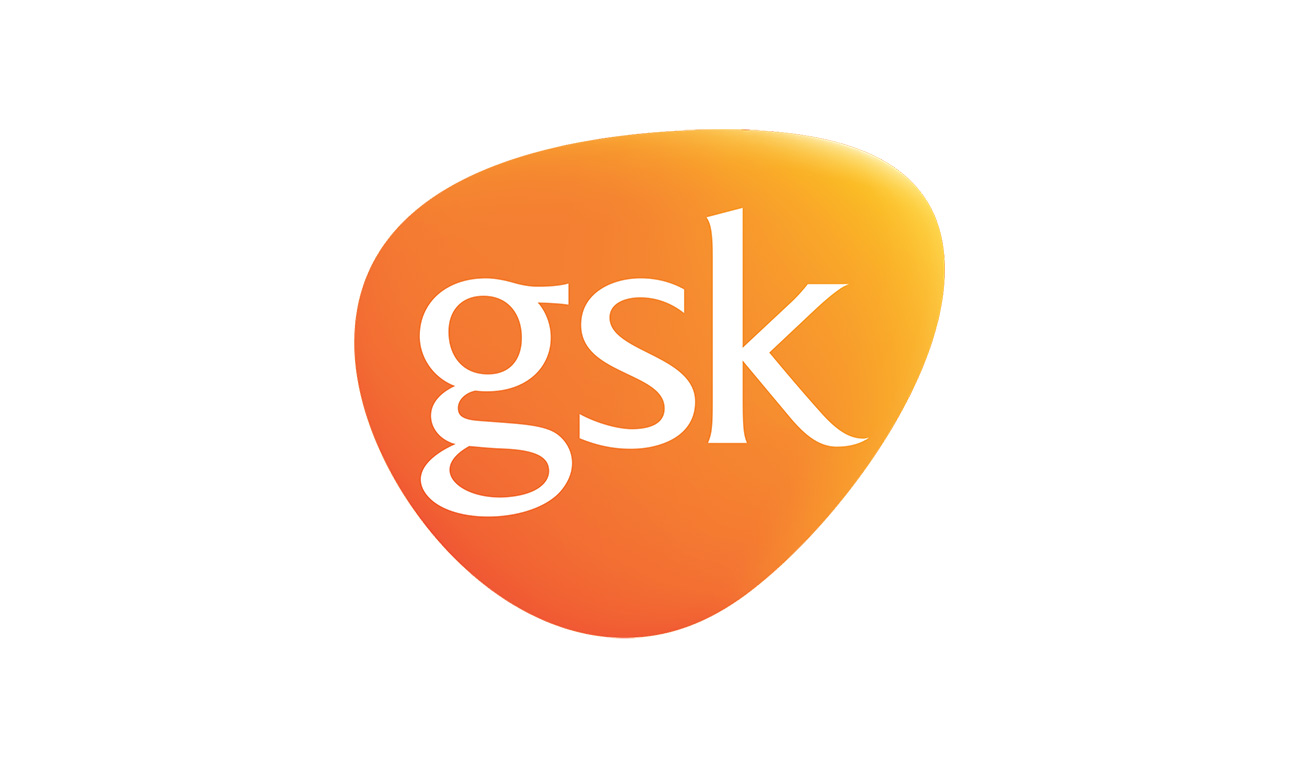The Hope for a Cure for HIV/AIDS in Our Lifetime
It’s been 34 years since the first case of AIDS was identified, and 28 years since the first treatment for AIDS was approved by the FDA. In the past three decades, we’ve made advances in treatments for HIV/AIDS but a cure has remained elusive. Now an innovative public-private partnership between GSK and the University of North Carolina at Chapel Hill (UNC-Chapel Hill) aims to change that by establishing an HIV Cure center and a new jointly-owned company, Qura Therapeutics.
The center will be located on the UNC-Chapel Hill campus and will focus exclusively on finding a cure for HIV/AIDS. Qura Therapeutics will handle the business side of the partnership, including intellectual property, commercialization, manufacturing and governance.
Both GSK and UNC-Chapel Hill have a long history of helping people with HIV/AIDS. In fact, UNC-Chapel Hill admitted its first HIV patient in 1981 at the beginning of the AIDS epidemic and has conducted decades of research and clinical trials. We were the company to develop the world’s first breakthrough treatment for HIV/AIDS—AZT. By combining our resources, research teams, and expertise, we hope to be able to make a meaningful impact towards finding a cure.
The HIV Cure center will be the hub for all of GSK’s and UNC-Chapel Hill’s HIV cure-related scientific efforts and will focus on the latest scientific approaches to curing HIV. One of these new approaches is known as “shock and kill,” which makes the hidden AIDS virus visible to the immune system and enhances the patient’s immune system to clear out the virus. This approach is not about targeting viruses but, rather, targeting the host.
“Although today’s treatments for HIV mean that millions of lives have been saved, people still have to take a lifetime of treatments, which takes an emotional toll and places an economic burden on society that is particularly challenging in countries with limited resources,” said Zhi Hong, senior vice president and head of the Infectious Diseases Therapy Area Unit at GSK. “This is why we must dedicate the next 30 years to finding a cure and scaling it up so that one day we will end the HIV/AIDS epidemic.”
Hear what those who have been working on HIV since the beginning have to say about a hope for a cure.



